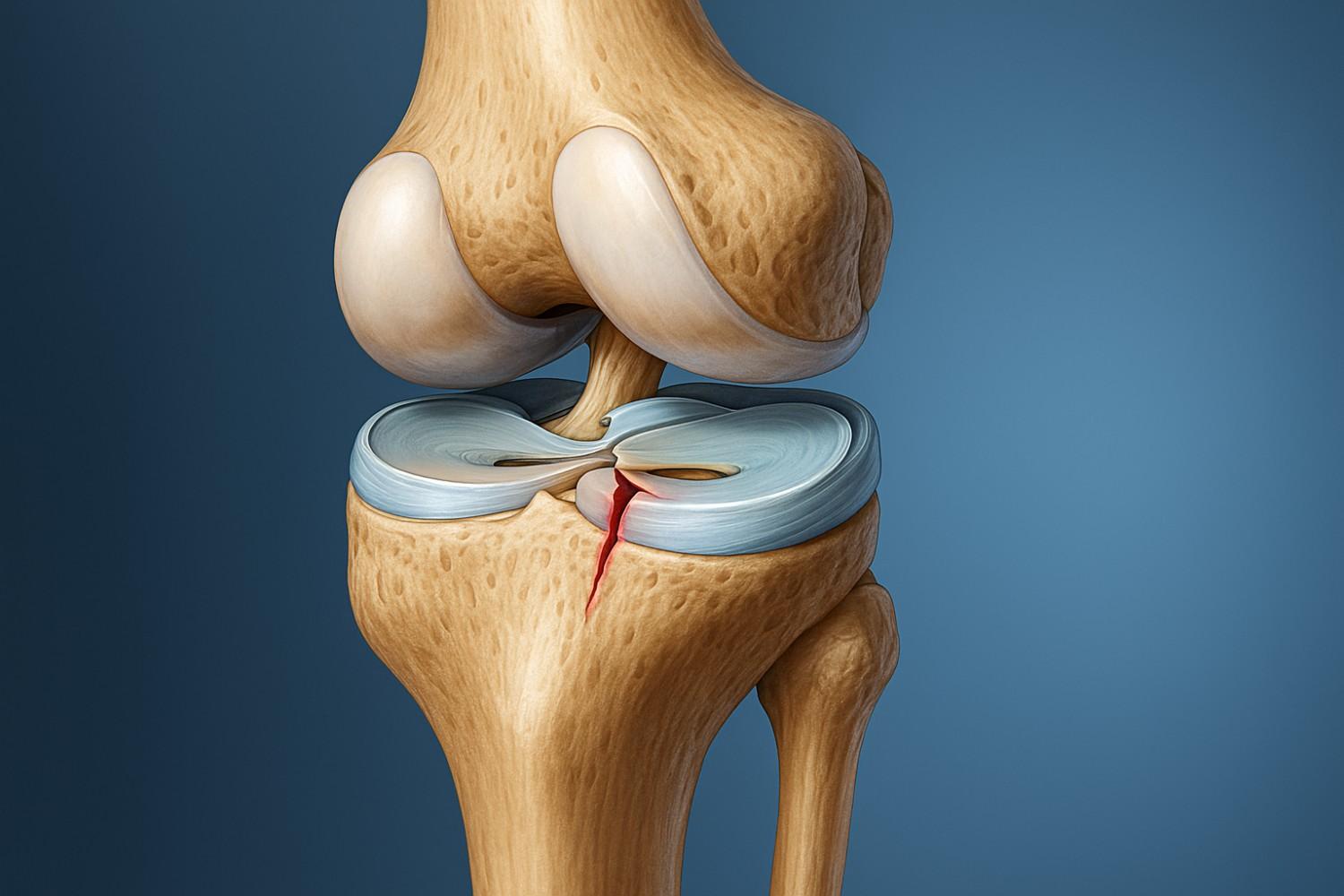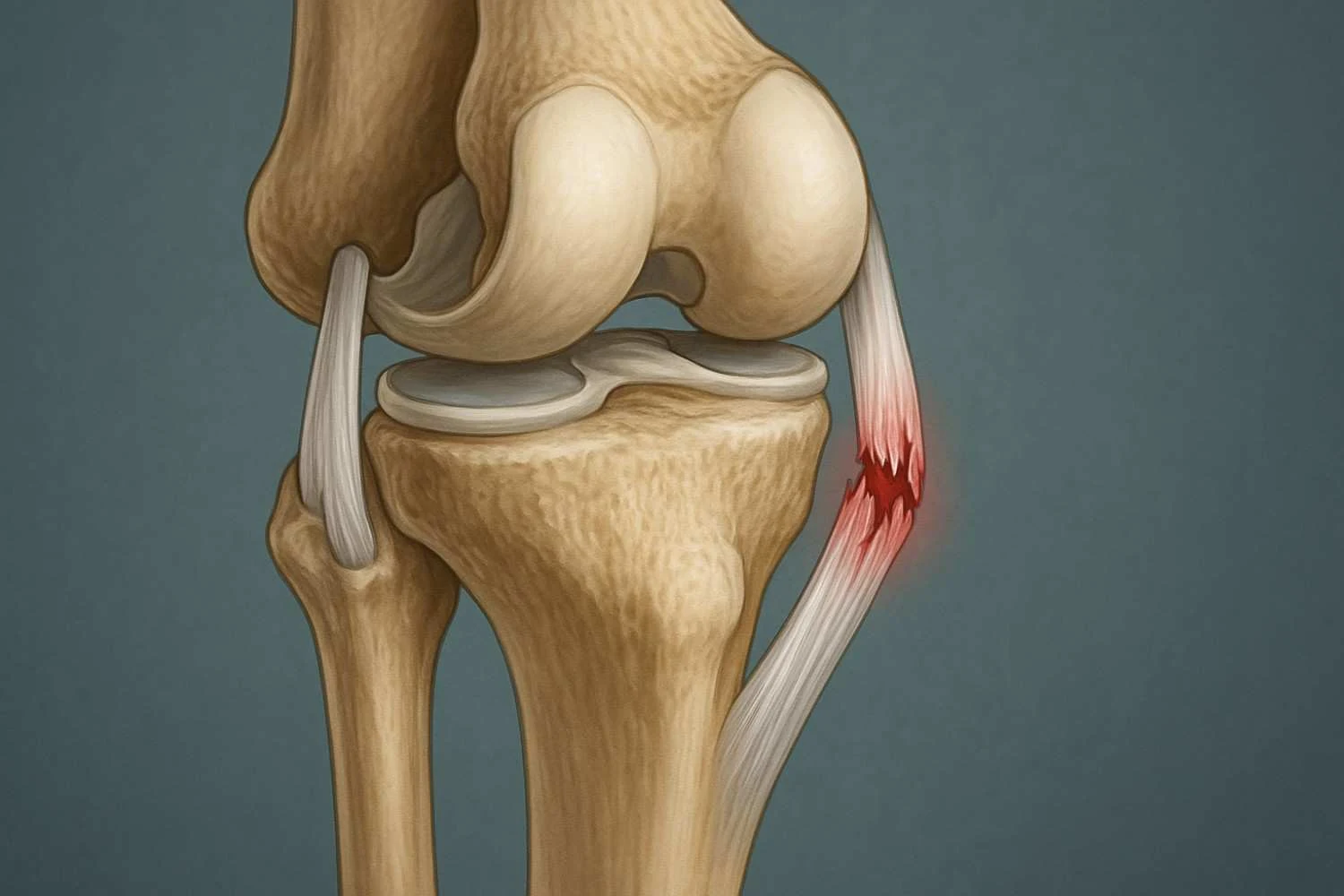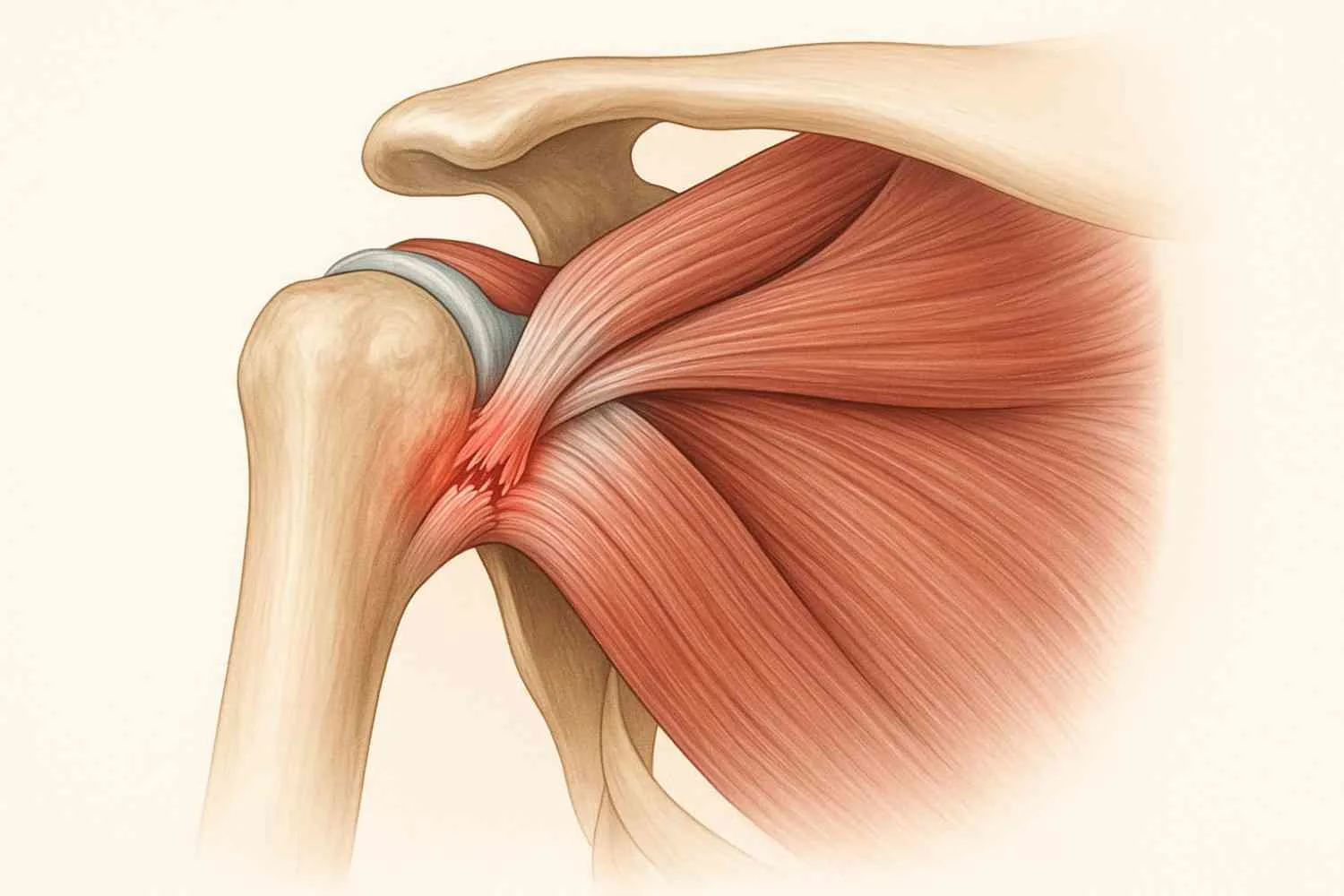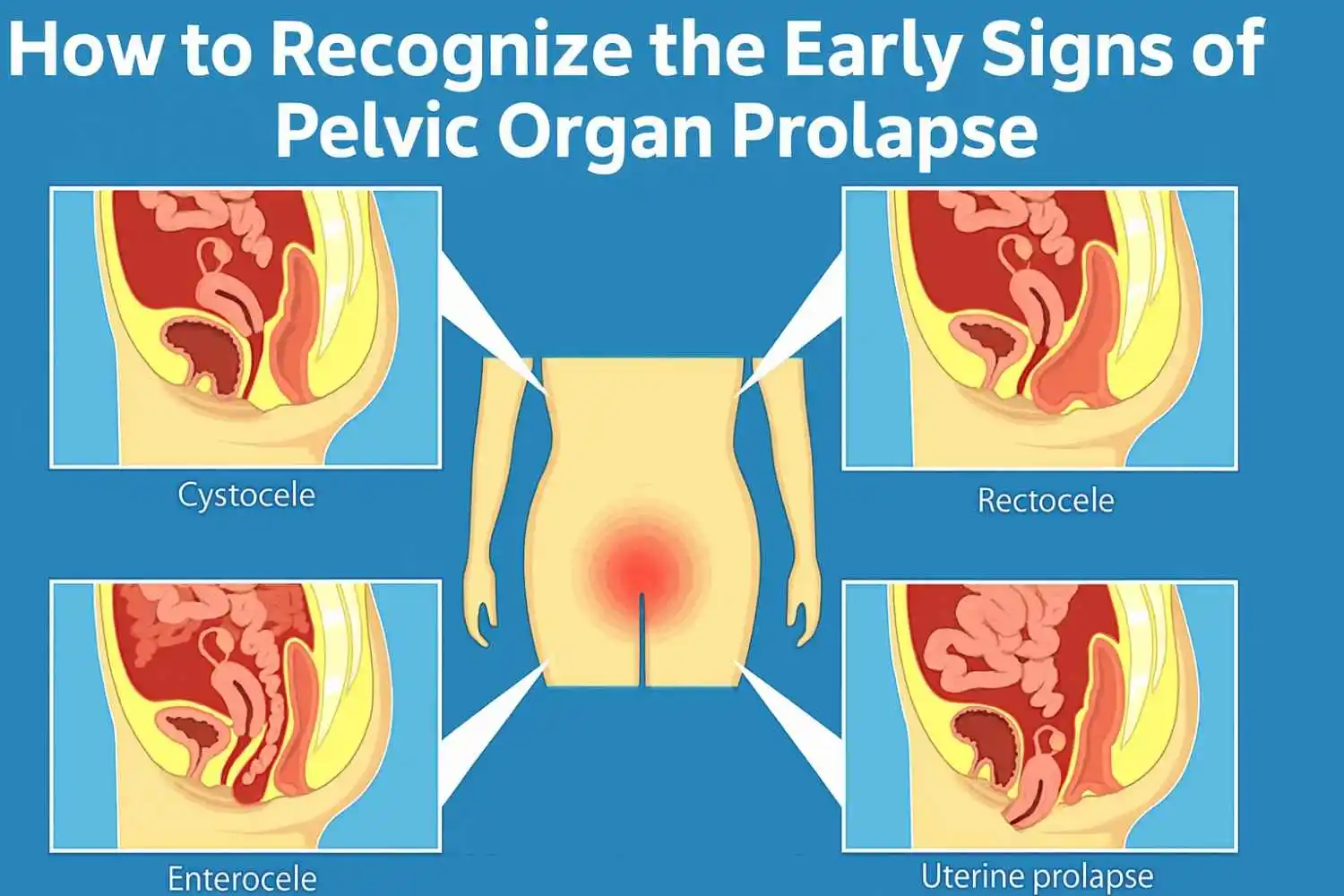




Author: Dr. Garima Biswas
YOGA 13
Just as lifting weights strengthens muscles, practicing yoga fosters the development of new connections in the brain and induces changes in brain structure and function, resulting in improved cognitive skills such as learning and memory.
Yoga strengthens parts of the brain that play key roles in memory, attention, awareness, thought, and language. It is akin to weightlifting for the brain, as studies employing MRI scans and other brain imaging technologies have demonstrated that individuals who regularly practice yoga have thicker cerebral cortexes (areas of the brain responsible for informal processing) and hippocampi (areas of the brain involved in the learning process) compared to non-practitioners.
Older yoga practitioners exhibit less shrinkage than those who do not practice yoga. This suggests that yoga may counteract age-related declines in memory and other cognitive skills. Research has also shown that yoga and meditation may improve executive functions such as reasoning, decision-making, memory, learning, and reaction time.
All of these examples can enhance mood by lowering levels of stress hormones and increasing the production of feel-good chemicals like endorphins. However, yoga may have additional benefits. It can positively affect mood by increasing levels of GABA (Gamma-Aminobutyric Acid), which is associated with better mood and reduced anxiety. Meditation also reduces activity in the limbic system (the part of the brain dedicated to emotions) and activates the parasympathetic nervous system (PNS).






























.webp)





.jpg)

































